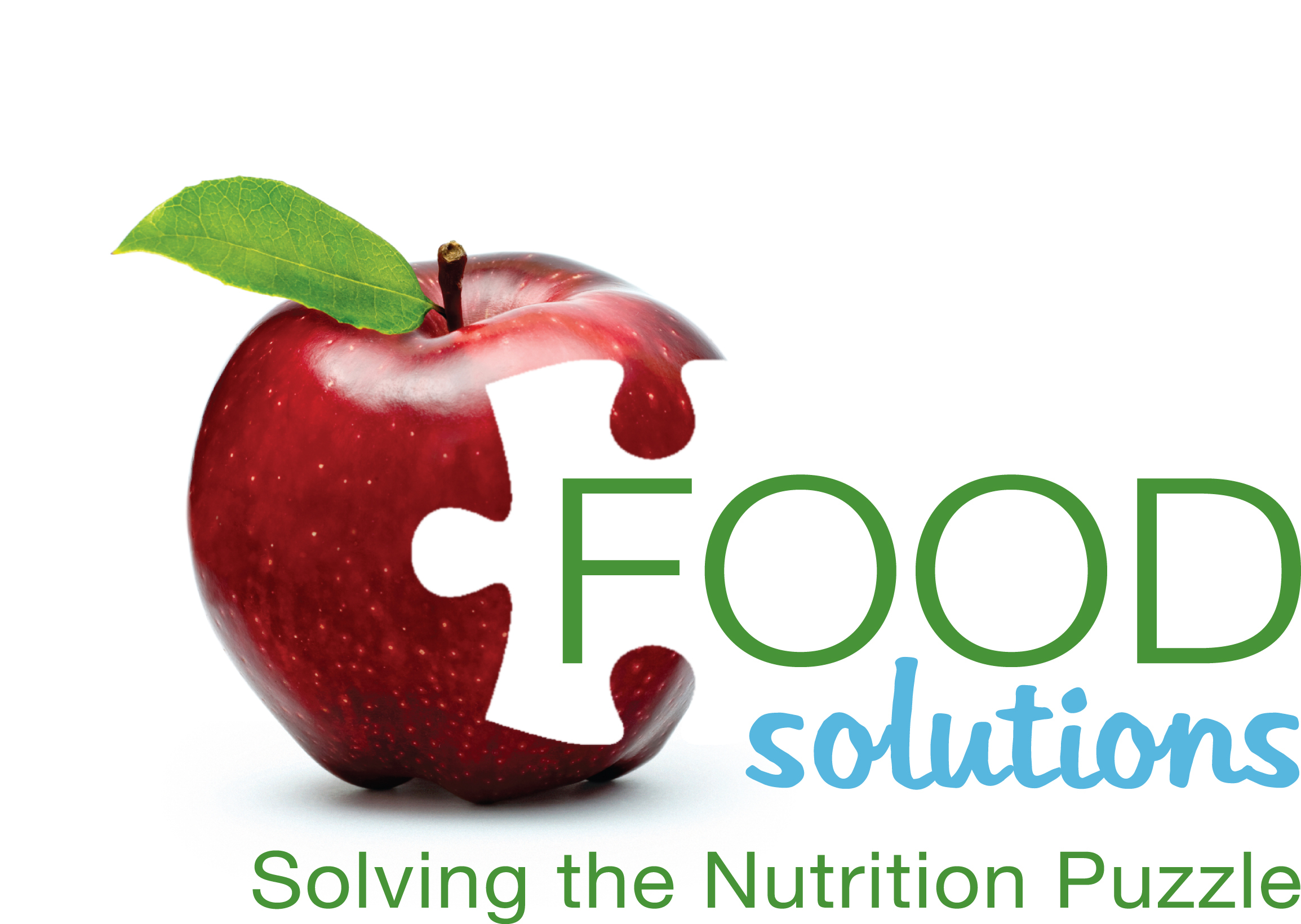I recently had to ask a waiter what the ‘pb’ next to a menu item stood for. I’ve seen notes for gluten free, vegetarian and vegan dishes, but ‘pb’ was new to me! Were they pointing out that peanut butter was in this dish? No, the server explained, it meant ‘plant-based’.
There can be a lot of confusing and conflicting terms out there, and as a dietitian I wanted to share with you my take on two of the most common: plant-based and vegan. Let’s dive in!
Vegan and plant-based definitions
A vegan diet is one that excludes any animal product. That means not just meat, chicken or fish, but also dairy, eggs and anything else that comes from an animal. This includes gelatine too, which can be found in surprising places like lollies, desserts and fruit snacks.
The term plant-based quite literally means the same thing: anything that derives from a plant, including fruits and vegetables, grains, nuts and seeds. This can make things pretty confusing: are they just two words that describe the same dietary choices?
The difference
The difference to me, as a Tauranga nutritionist and dietitian, is that a vegan diet is one that exclusively eats plant-based foods. A plant-based diet, on the other hand, is largely focused around foods that come from plants without totally excluding animal-based foods.
Nutritionists endorse plant-based eating
There’s absolutely no question about it: eating more plants is always good! Without a pretty strong focus on plants, it’s difficult to get your five-a-day fruits and veggies into your diet. Plant-based foods have so many benefits, from micronutrients to antioxidants, high fibre to healthy fats. I’m sure every dietitian on the planet would give two big thumbs up to plant-based foods!
Veganism, on the other hand, can be too restrictive. In particular, cutting out all animal-based foods can make difficult to get enough iron and impossible to get enough vitamin B12 without supplementation.
If a client is committed to a vegan diet whether for personal, environmental or health reasons, they should work with a registered nutritionist to make sure they are getting enough of all the crucial vitamins and minerals they need. But if a dietitian’s client simply wants to include more plant-based foods, I say go for it!
If you are looking for one-on-one help with a registered dietitian and nutritionist in Tauranga, talk to Fiona at Food Solutions today.
